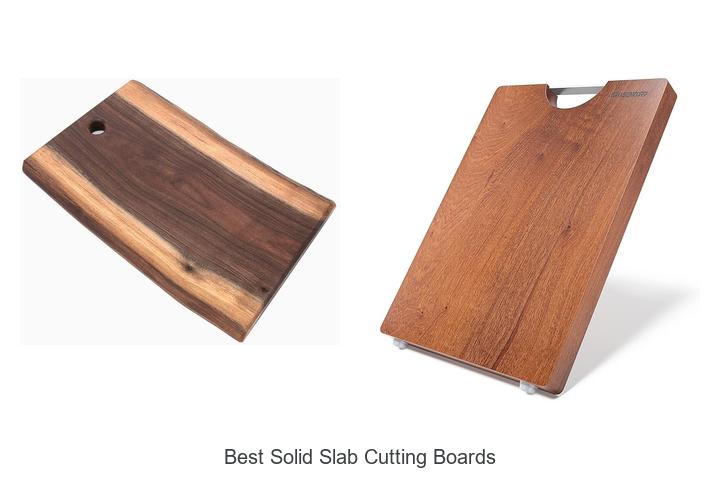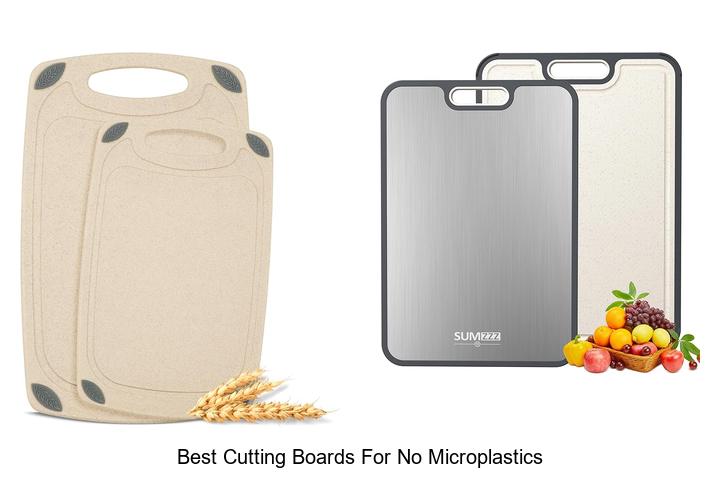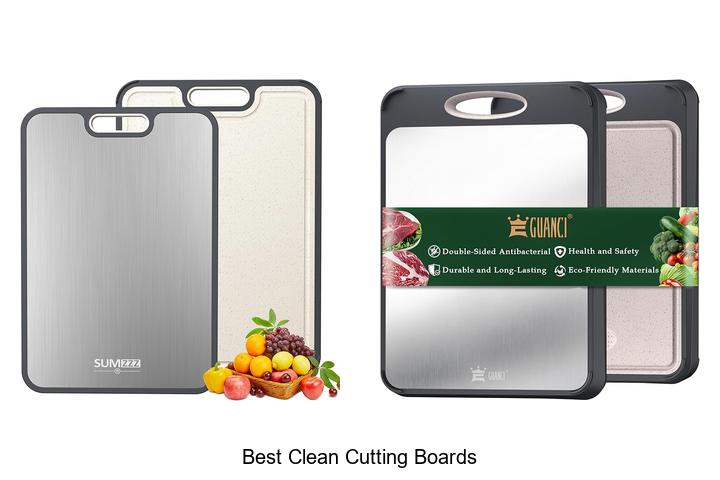Do Titanium Cutting Boards Dull Knives? Truth & Tips Revealed
Choosing the right cutting board is key to keeping your knives sharp and your kitchen efficient. Titanium cutting boards have gained attention for their durability and sleek design, but you might wonder if they come with a hidden downside. Specifically, do titanium cutting boards dull knives faster than traditional options?
You want a cutting surface that protects your blades while standing up to daily use. Understanding how titanium interacts with your knives can help you make the best choice for your kitchen. Let’s explore whether titanium cutting boards really affect knife sharpness and what that means for your cooking routine.
Understanding Titanium Cutting Boards
Titanium cutting boards combine unique materials and design features. Understanding their composition and uses helps you judge their impact on your knives.
What Are Titanium Cutting Boards Made Of?
Titanium cutting boards consist mainly of titanium alloy layers bonded to other materials, such as wood or plastic. Pure titanium offers high corrosion resistance and strength but is too hard and unforgiving for direct cutting. Manufacturers often include a softer surface layer, like bamboo or resin, to reduce wear on knife edges. The titanium core ensures durability while the softer surface protects blade sharpness.
Common Uses and Popularity
Titanium cutting boards appeal to chefs and home cooks who prioritize long-lasting kitchen tools. Their resistance to bacteria, staining, and warping suits wet or acidic food prep. Users often choose titanium boards for heavy-duty chopping, slicing, or dicing where wood or plastic boards wear out quickly. The boards’ sleek, modern look also attracts those wanting durable and stylish countertops.
How Cutting Boards Affect Knife Sharpness
Cutting boards play a crucial role in preserving your knife’s edge. Understanding material properties and wear factors helps you choose a board that minimizes dulling and extends blade life.
The Role of Material Hardness
Material hardness directly impacts how quickly knives dull on a cutting board. Harder surfaces like glass or ceramic cause more rapid edge wear. Titanium cutting boards, while featuring tough titanium alloy layers, bond with softer substrates such as wood or plastic to reduce hardness at the cutting surface. This layered design lessens the abrasive effect on your knives compared to pure metal boards. Softer materials absorb knife impact better and prevent microscopic edge chipping, preserving sharpness longer.
Knife Edge Wear and Tear Factors
Knife dulling occurs from repeated contact with a surface and the angle of force applied. Several factors influence edge wear beyond board material hardness:
- Cutting technique: Hacking or twisting damages edges faster than smooth slicing
- Frequency of use: More frequent cutting accelerates dulling
- Food types: Cutting hard foods like bones or frozen items increase wear
- Board maintenance: Worn or scratched surfaces cause more friction on blades
Choosing a cutting board with an appropriate hardness level and maintaining proper cutting habits reduces wear and protects your knives against premature dulling. Titanium cutting boards with softer backing layers offer a balanced option, combining durability with knife edge preservation.
Do Titanium Cutting Boards Dull Knives?
Titanium cutting boards impact knife sharpness differently compared to traditional wood and plastic boards. Understanding their material properties helps clarify how they affect blade edges during use.
Comparing Titanium to Wood and Plastic Boards
Wood and plastic cutting boards have softer surfaces that absorb blade impact and reduce edge wear. You preserve knife sharpness longer by using these forgiving materials. Titanium cutting boards, constructed with a titanium alloy bonded to softer layers like wood or plastic, create a harder surface. While pure titanium is hard and could dull knives faster, the bonded softer layers cushion blade contact, lowering abrasion. Compared to pure metal or glass boards, titanium cutting boards offer better edge protection. They balance durability and knife care by minimizing surface hardness without sacrificing strength.
Scientific Insights and User Experiences
Material hardness, measured by the Mohs scale, influences knife dulling rates. Pure titanium rates around 6, while wood and plastic range between 2 and 3. The softer backing on titanium cutting boards reduces effective hardness at the blade interface, lessening edge damage. Studies confirm that cutting board hardness correlates with knife sharpness retention over repeated use. Users report titanium cutting boards maintain knife sharpness close to that of wood boards, outperforming glass or ceramic alternatives. Proper cutting technique and routine knife honing further reduce dulling regardless of board type.
Tips to Preserve Knife Sharpness
Maintaining your knife’s edge requires more than just choosing the right cutting board. Using proper techniques and care ensures your knives stay sharp longer.
Proper Knife Maintenance
Honing your knife regularly realigns the blade edge and reduces dulling between sharpenings. Sharpen your knives with a whetstone or professional service when you notice reduced cutting efficiency. Always clean knives by hand with mild detergent and dry them immediately to prevent corrosion. Store knives in a block or on a magnetic strip to protect blades from damage. Avoid cutting on hard surfaces such as glass or ceramic that accelerate edge wear.
Best Practices When Using Titanium Cutting Boards
Use a gentle cutting technique by applying controlled, smooth strokes that reduce blade impact. Avoid twisting or levering the knife while cutting to prevent unnecessary edge damage. Clean titanium cutting boards with warm water and mild soap after each use and avoid abrasive scrubbers that could roughen the surface. Rotate between multiple cutting boards to reduce wear on any single surface. Using titanium boards with softer bonded layers helps minimize blade dulling compared to solid metal surfaces.
Conclusion
You don’t have to worry about titanium cutting boards dulling your knives faster when you choose ones with bonded softer layers. These boards offer a durable and hygienic surface without compromising your blade’s edge. By combining the right cutting board with proper technique and regular maintenance, you can keep your knives sharp and ready for any kitchen task. Titanium cutting boards strike a great balance between style, durability, and knife care, making them a smart choice for both home cooks and professional chefs.



